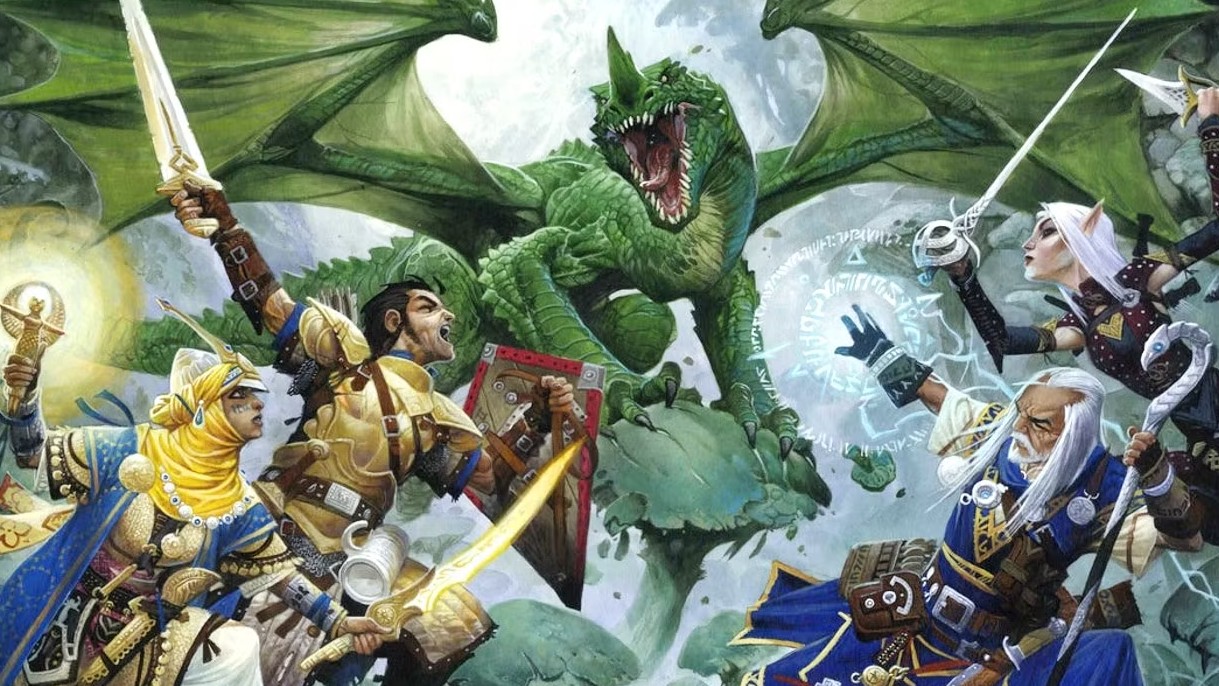
Let's learn: Call of Cthulhu! | Session Zero
We'll sit down to discuss how we start the game, open up communication, set expectations, and discuss any safety tools that will be used at the table.
Complete your player profile to match with storytellers, venues, and schedules tailored to you.
Explorer guide
Set a home base city to preview gatherings, facilitators, and story worlds that welcome new players.
Curated spotlights
Hand-picked sessions and stories make it easy to feel the Roundup vibe before you ever sit down at the table.
Effortless planning
Choose a city, explore open seats, and mark events you love without committing before you're ready.
Trust-first design
Safety practices, accessibility callouts, and facilitator intros appear upfront so explorers can make confident choices.
We suggest cities from your profile, saved preferences, or timezone when we can.
Follow these beats to decide when to join the community or watch for new invitations.
Preview gatherings and festivals curated for curious first-timers.
Explore systems and sessions that prioritize onboarding and safety tools.
Save a home base city to receive updates when seats open up.
Confidence signals
We foreground the cues that help solo explorers feel confident before stepping into a new space.
Safety tools on display
Hosts showcase Lines & Veils, X-Cards, and debrief rituals so everyone knows how care shows up at the table.
Meet the facilitator
GM bios highlight pronouns, session pacing, and welcome rituals to help you read the room before you arrive.
Spaces that feel welcoming
Each venue callout includes mobility notes, transit tips, and community vibes, helping visitors picture the experience.
Upcoming gatherings
Curated by community hosts. Each RSVP takes you closer to your first game session memory.
No events scheduled for this city yet.
Check back later as hosts publish new sessions.
Stories to sample
These tables lean into onboarding, safety tools, and collaborative energy.

We'll sit down to discuss how we start the game, open up communication, set expectations, and discuss any safety tools that will be used at the table.

⚔️ Challenging Combat – Tough fights, big rewards. Can you survive? 🏘 Living NPCs – Friends, rivals, and secrets in a town that reacts. 🎭 Your Story Matters – Custom side quests built around your character. 🔥 Choices Shape the World – Your actions change both Otari and the Vaults. 🏰 Mega-Dungeon Madness – Traps, monsters, and lost relics await! No one dares to go near Gauntlight, the crumbling lighthouse looming over Otari. They say its light - long dead - has begun to shine again, pulsing with an eerie glow. People vanish. The dead don’t stay buried. Something deep below is stirring. The town needs heroes. Whether you came seeking fortune, answers, or a place to belong, you now stand at the threshold of the Abomination Vaults -a labyrinth of forgotten horrors and ancient power. The further you descend, the less the surface feels real. Each expedition is a gamble: go too deep, and you may never return. But this is more than just a dungeon. Otari is alive - its people struggling against their own demons, its streets filled with secrets, rivalries, and fleeting moments of joy. Between delves, you’ll forge bonds, make enemies, and carve out a life worth fighting for. And in the darkness beneath, something watches. This is a safe, welcoming game where you can craft a unique, flavorful character. Not sure where to start? Just tell us what excites you, and our overpaid goblins will forge the perfect character sheet for you.
Trending systems
Discover which systems are lighting up tables so you know what to learn next.
Create a free account to follow cities, join sessions, and receive invites from trusted GMs.